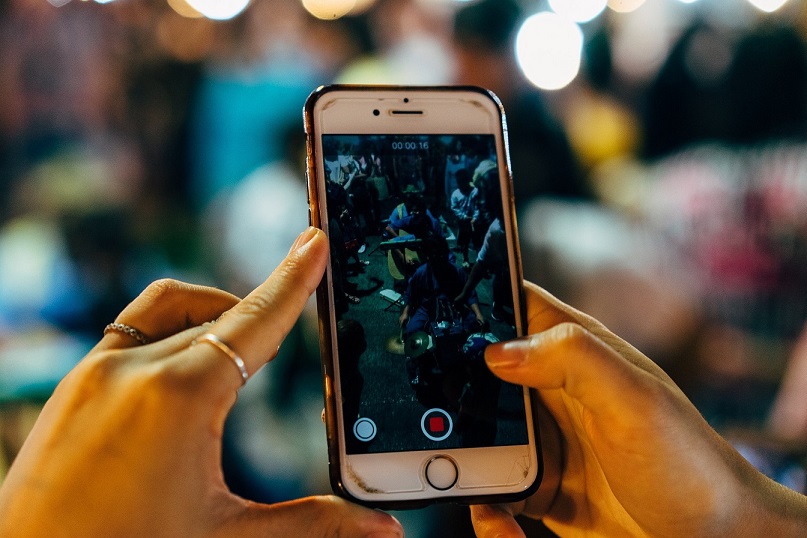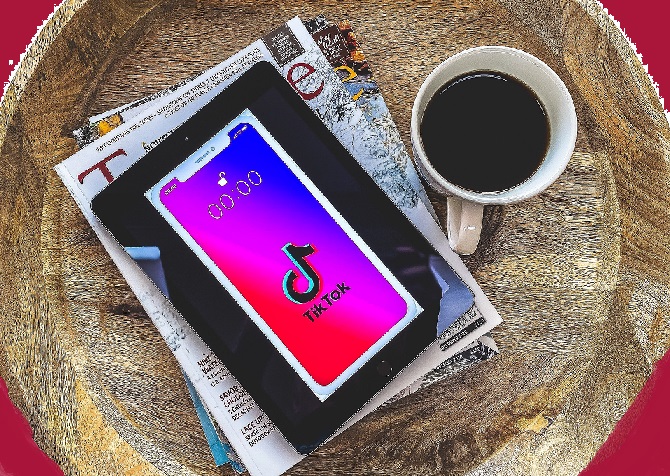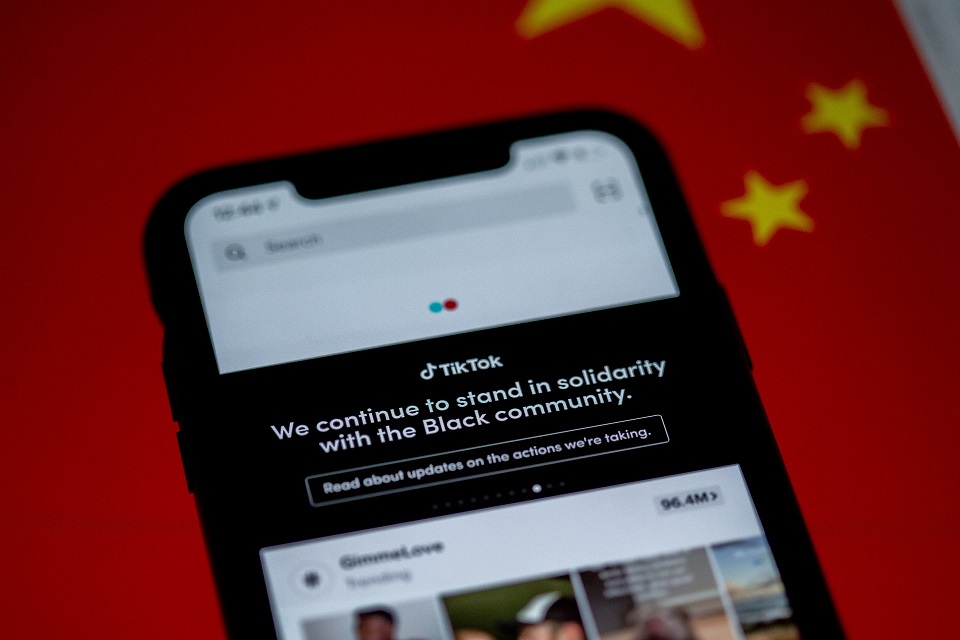It has more than a billion active users worldwide. More than 100 million of them are in China, but more than half of them are banned – partially or completely – from using it on government devices. It is all the result of drastic measures against the Chinese social network.
 The obstruction by governors and state agencies against the global short-form video platform extends to Republican- and Democratic-governed regions across the country, according to CNN.
The obstruction by governors and state agencies against the global short-form video platform extends to Republican- and Democratic-governed regions across the country, according to CNN.
This progression of the ban began in mid-December when the Senate unanimously passed legislation to ban the use of the app on government phones and devices.
Previously 13 state governments, led by Republicans, limited the use of the application.
Dubbed the “No TikTok on Government Devices Act”, the bill – introduced by Republican Senator Josh Hawley – makes it impossible for people associated with the government to download or use the social network on any device issued by the United States or a government corporation.
Hawley says the social network, developed by Chinese technology giant ByteDance, represents a “major security risk to the United States”.
Another similar proposal, authored by Senator Marco Rubio, also seeks to bar the app from operating within the country due to national security concerns.
However, the bill still has to be passed by the House and signed by President Biden to become law, but in the meantime the ban already extends to almost the entire nation.
 In response to these state actions, a TikTok spokesperson told CNN that he was “disappointed that so many states are jumping on the bandwagon to enact policies based on unfounded and politically charged falsehoods about TikTok”.
In response to these state actions, a TikTok spokesperson told CNN that he was “disappointed that so many states are jumping on the bandwagon to enact policies based on unfounded and politically charged falsehoods about TikTok”.
“It is unfortunate,” the spokesperson added, “that many offices and universities cannot use the app to build communities.”
The crusade against TikTok dates back to an executive order issued by former President Donald Trump, which sought to ban new downloads of the popular Chinese app. But in July 2021, the current president rescinded Trump’s order but ordered a review by the Department of Commerce to identify the alleged security risks to citizens.
In mid-2022, the most popular social network of the moment once again found itself in the middle of US provocations towards China, after the Senate Intelligence Committee asked to investigate it for alleged spying and data leaks in favour of Beijing.
Also, last November, lawmakers from the Republican Party accused the platform of providing “false or misleading” information about the use of user data.
In a letter to the social network’s chief executive, Shou Zi Chew, the Republicans demanded that the executive hand over a series of documents, electronic records and communications related to the location tracking of US users. The request stemmed from a September briefing where TikTok claimed it did not track consumers’ internet data while they were not using the app.
 In addition, it indicated that its China-based employees cannot access US subscriber data.
In addition, it indicated that its China-based employees cannot access US subscriber data.
However, the legislators claim that the claims made by the social network’s representatives “appear to be misleading”.
They also requested all drafts of any agreement with President Joe Biden’s administration that would allow TikTok to operate within the United States. PL
(Translated by Cristina Popa – Email: gcpopa83@gmail.com) – Photos:Pixabay












.jpg)












